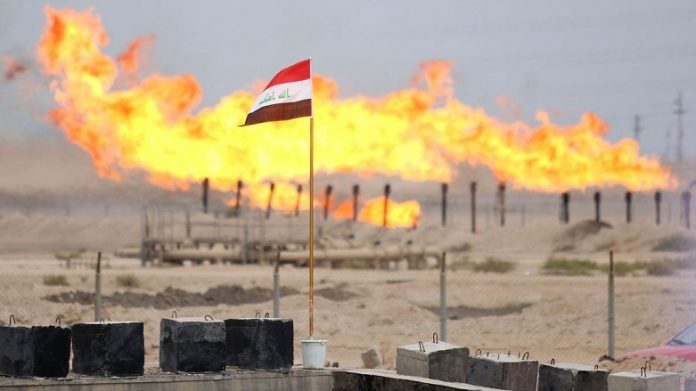BAGHDAD: Iraq is planning a $53 billion mega project with global energy giants ExxonMobil and PetroChina to use seawater from the Persian Gulf to boost oil production, Prime Minister Adel Abdul-Mahdi announced on Tuesday.
The 30-year project would boost output from Iraq’s southern oil fields, and includes designs to capture natural gas, which is lost to flaring under current practices, Abdel-Mahdi said at a press conference.
Iraq is producing oil at record levels, but officials are targeting even higher output to meet budget projections and finance reconstruction projects after 16 years of war.
Output averaged 4.5 million barrels per day in March, second only to Saudi Arabia in the Organisation of Petroleum Exporting Countries, according to data from the global oil consortium.
Water injection is key to boosting production from Iraq’s Rumaila and Majnoon oil fields, as decades of extraction have sapped the subterranean pressures that push crude naturally toward the surface.
Water can be pumped into hydrocarbon formations to make up for the falling pressure and force oil to the surface, but the process is highly energy-intensive to clean, deoxygenate, and nearly desalinate the seawater before injection.
Last week, Abdel-Mahdi, in Berlin, announced that Iraq had agreed to a $14bn “roadmap” with German industrial giant Siemens to rebuild the country’s crumbling electricity sector.
Linking the two announcements on Tuesday, the prime minister said ramping up power generation through electricity sector investment would be vital to the success of the oil fields mega project.
The prime minister said his cabinet has instructed Iraq’s Oil Ministry to finalise an agreement with ExxonMobil and PetroChina. He said the “principles” of an arrangement have already been reached.




